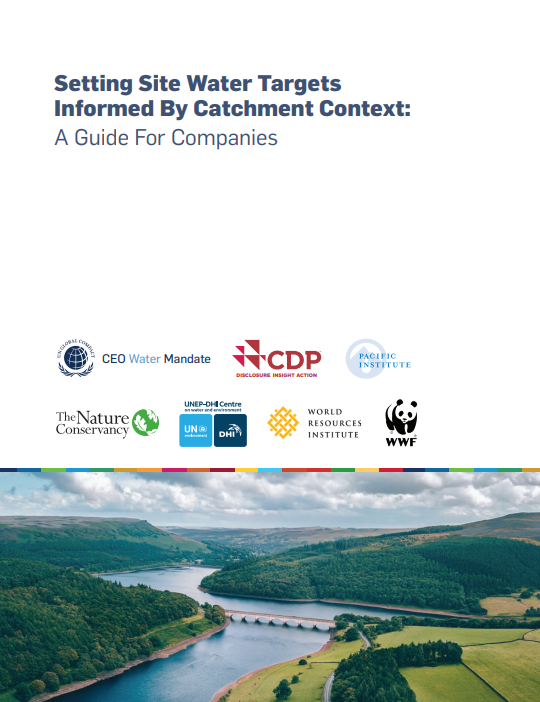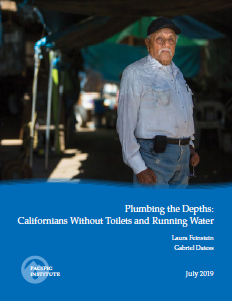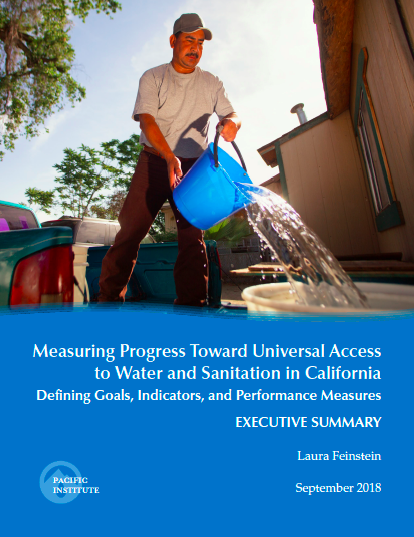1067 Resources
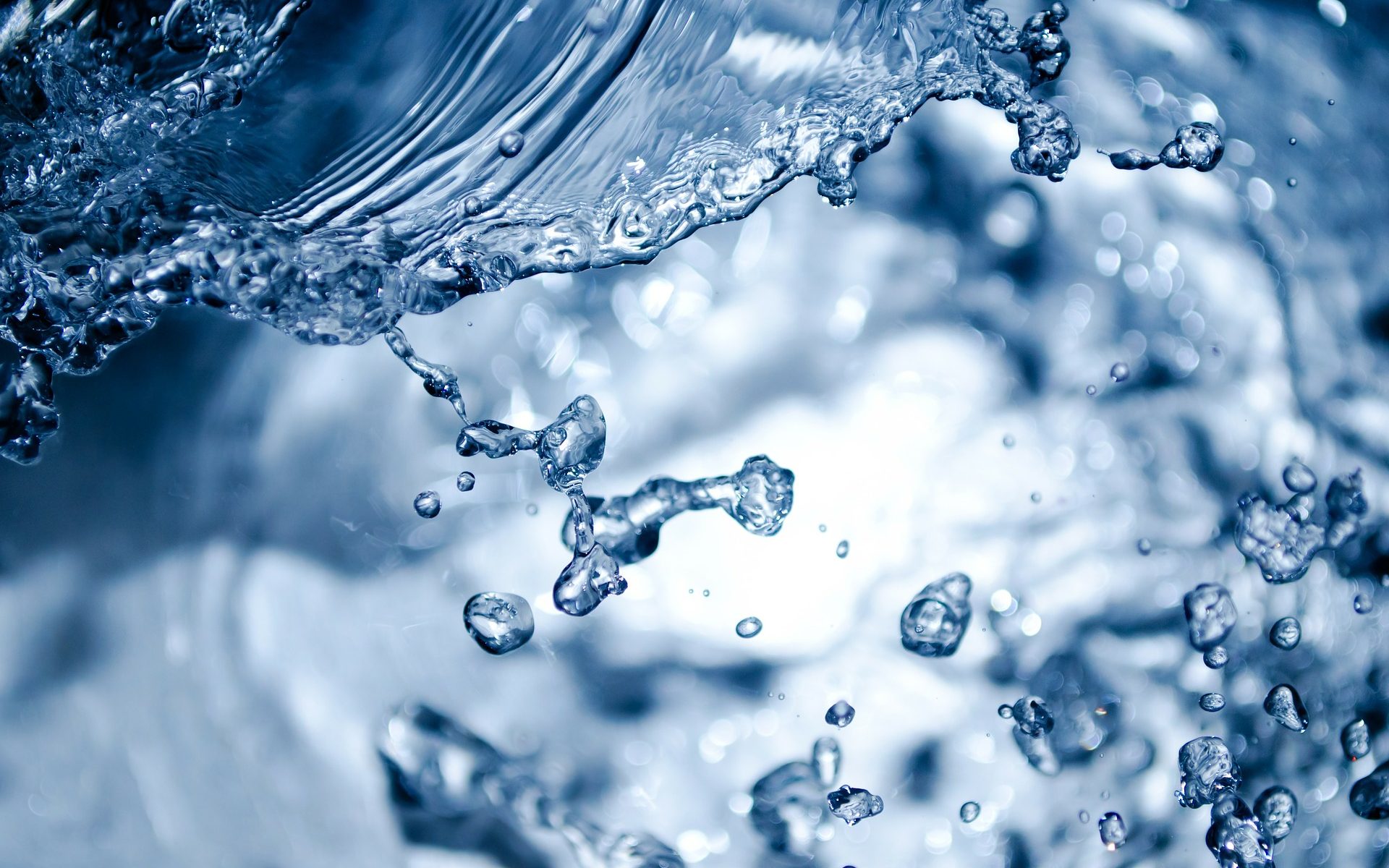
The Stormwater Opportunity
October 18, 2018 | post
Navigating around puddles that form on streets and in parking lots after a rainstorm can be a nuisance. But this water, technically known as stormwater, has the potential to become an important water supply for many Californian communities.
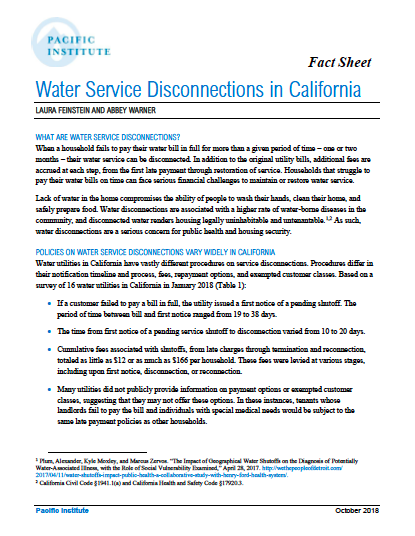
Water Service Disconnections in California
October 15, 2018 | publication
When a person fails to pay their water utility bill, their water service can be disconnected. Lack of water in the home compromises health, and renders housing legally uninhabitable and untenantable. Shutoffs also pose a financial burden; in addition to the original debt, there are usually fees associated with late payment, notice of an impending shutoff, and service reconnection.

Measuring Progress Toward Universal Access to Water and Sanitation in California: Defining Goals, Indicators, and Performance Measures
September 14, 2018 | publication
In 2012, California’s Human Right to Water was passed, calling for safe, clean, affordable, and accessible water for all citizens. Yet while this statute has served as the touchstone for drinking water and sanitation efforts in the state, access to this basic right remains unrealized in many California communities.
Peter Gleick Awarded 2018 Carl Sagan Prize for Science Popularization
September 4, 2018 | announcement
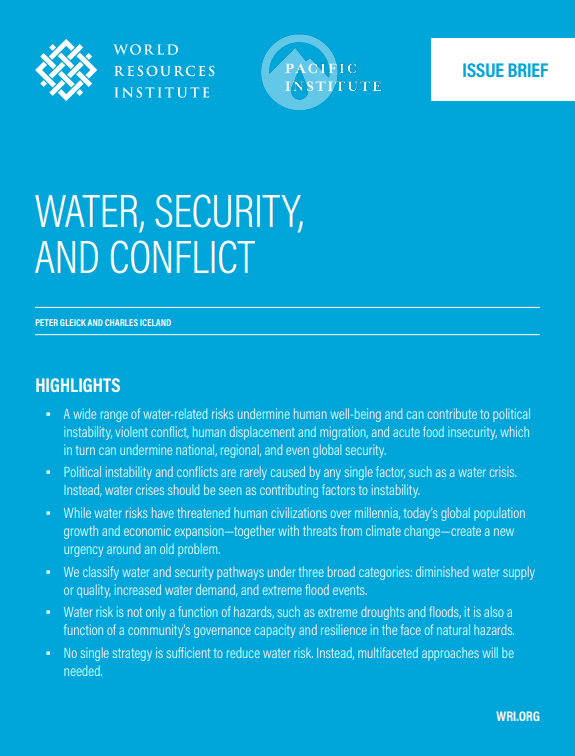
Water, Security, and Conflict
August 29, 2018 | publication
This issue brief summarizes the current understanding of water and security threats and their links to conflict, migration, and food insecurity.
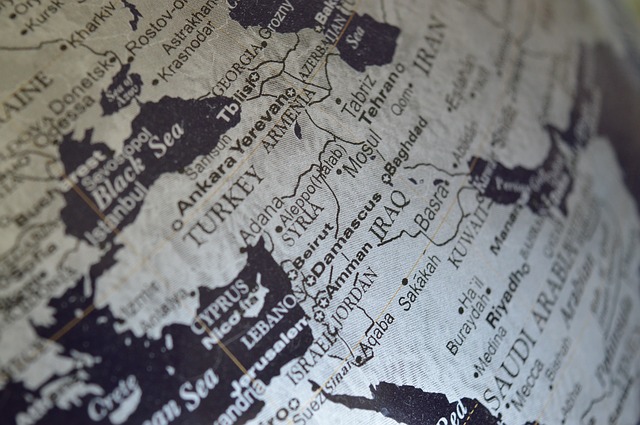
Water Is a Source of Growing Tension and Violence in the Middle East
August 29, 2018 | post
In the hot, dry Middle East, where populations are growing rapidly and all major rivers cross political borders, water has become a focal point for escalating violence. From the foothills of the Taurus Mountains in Turkey...
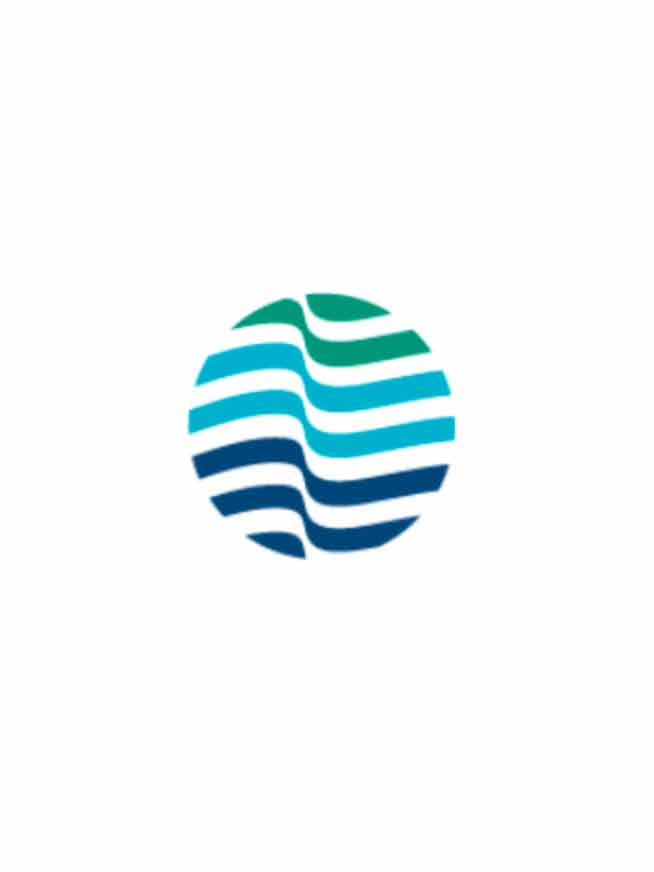
Integrating Water Efficiency into Long‐Term Demand Forecasting
August 15, 2018 | publication
Per capita water use in the United States has fallen by more than 40% since the 1970s. In some areas, reductions in per capita water use have offset continued population and economic growth, such that total water use has remained constant or even declined.
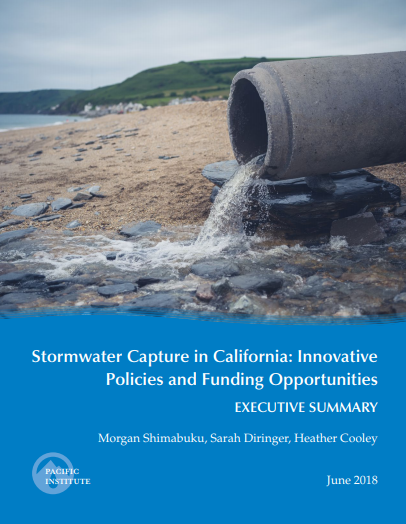
Stormwater Capture in California: Innovative Policies and Funding Opportunities
June 1, 2018 | publication
Stormwater has traditionally been managed to mitigate flooding and protect water quality. However, its potential as a local water supply has gained recent attention in water-stressed areas. As climate change increases the risk of both floods and droughts in California, urban stormwater capture also offers a significant opportunity to enhance community resilience.
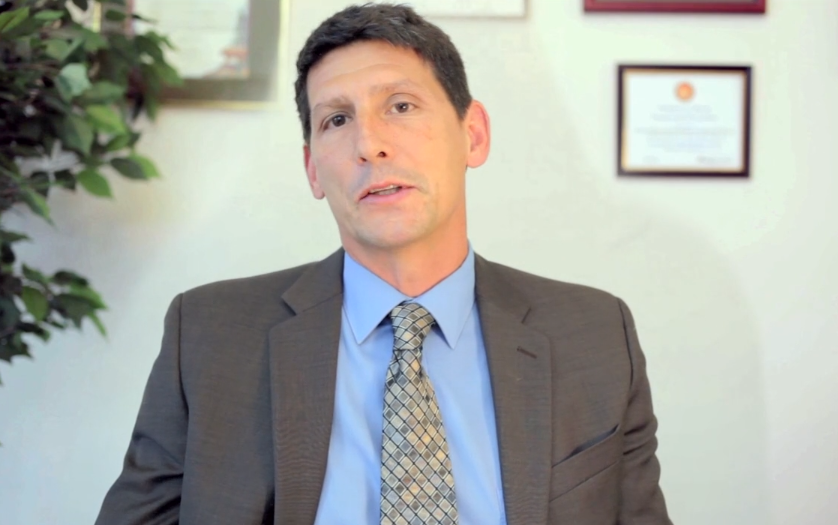
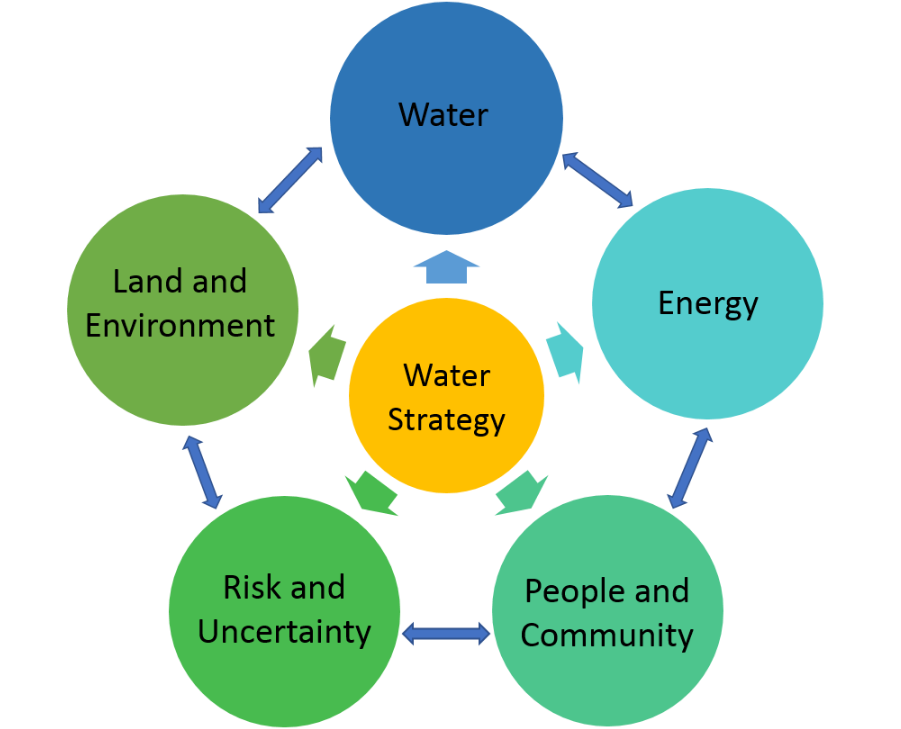
Multi-Benefit Resource Library
May 3, 2018 | tools
Here, we provide a resource library for analysts, decision makers, and advocates seeking to identify and examine multiple benefits of a broad range of water management strategies.
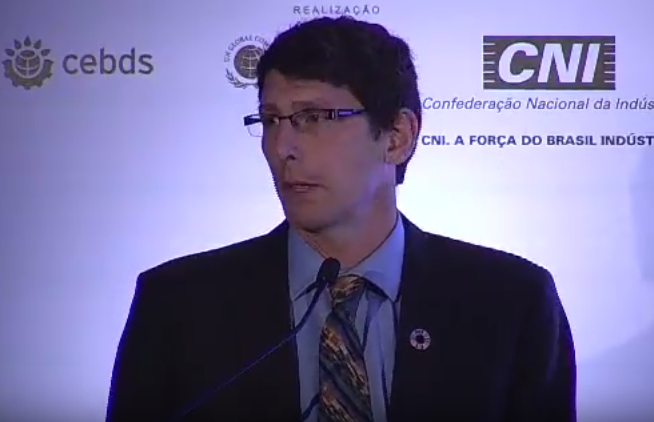
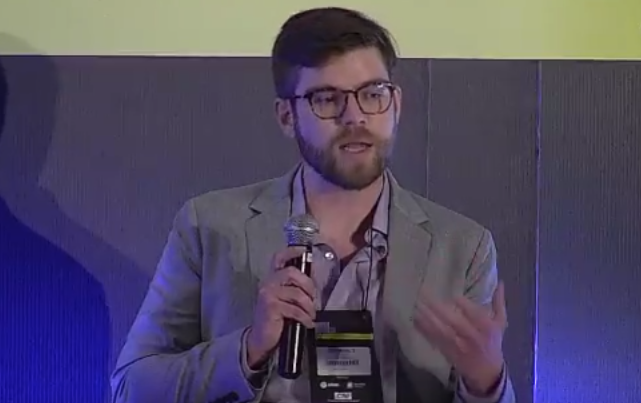

A Survey of Efforts to Achieve Universal Access to Water and Sanitation in California
April 19, 2018 | publication
In 2010, the United Nations General Assembly recognized the human right to water and sanitation. Two years later, in 2012, California became the first state in the nation to enact legislation recognizing the human right to water for consumption, cooking, and sanitary purposes.

When a City Runs Dry: What Cape Town Can Tell Us About the Future of Water
April 13, 2018 | video
Join Heather Cooley from the Pacific Institute and Newsha Ajami from Stanford University’s Water in the West program as they discuss Cape Town’s water shortage.
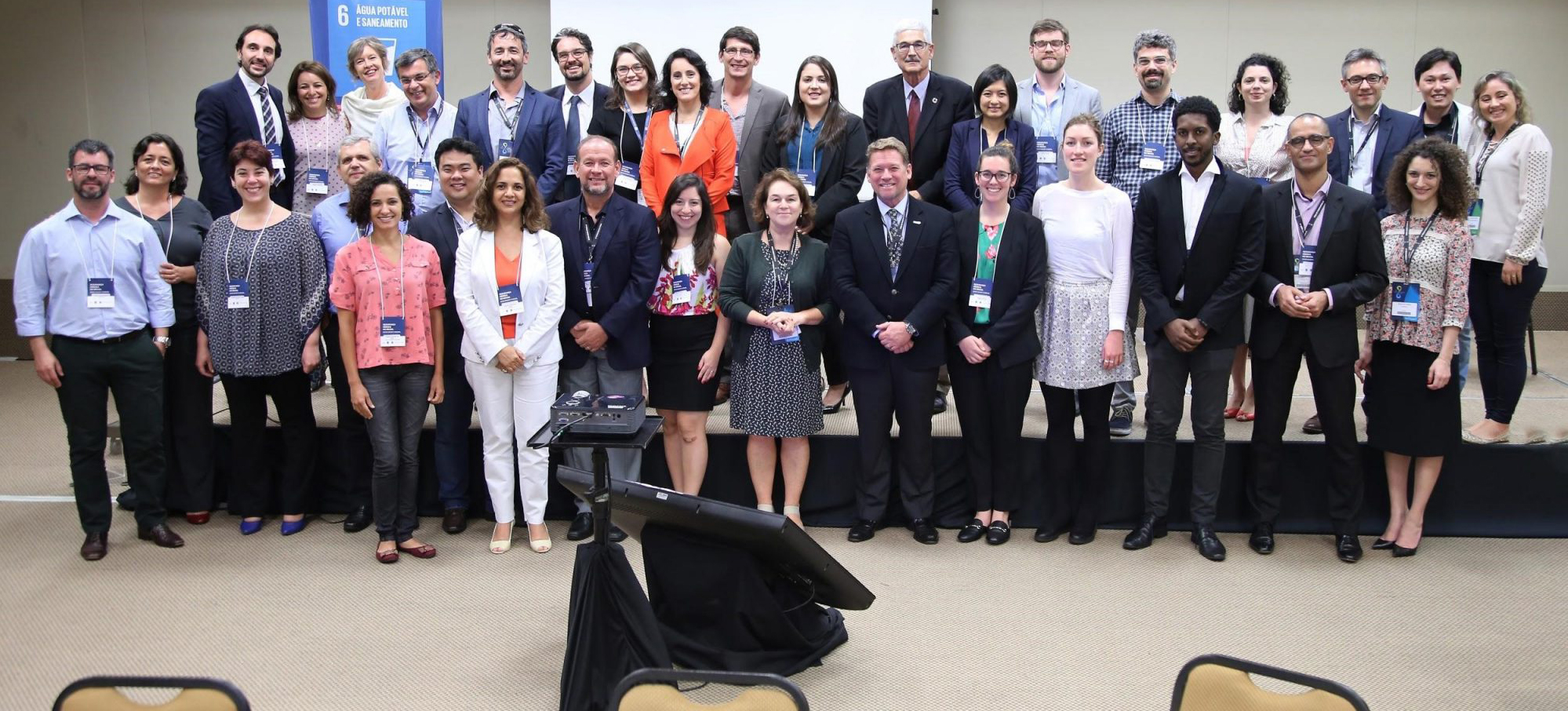
Collective Action Toward Water Security in Brazil
March 23, 2018 | post
Brazil’s water basins hold 12% of the world’s freshwater, yet the country continues to face serious water challenges, with multiple effects on people, environment, and the economy. Brazil estimates that close to 35 million citizens lack access to safe water, while 100 million lack access to appropriate sanitation.
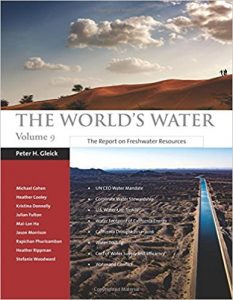
The World’s Water, Volume 9
February 28, 2018 | publication
The newest volume in this highly regarded series, The World’s Water, Volume 9 continues to offer insights into critical global water problems, overviews of data and analysis around water use and management, and case studies of some of the greatest water challenges around the world.
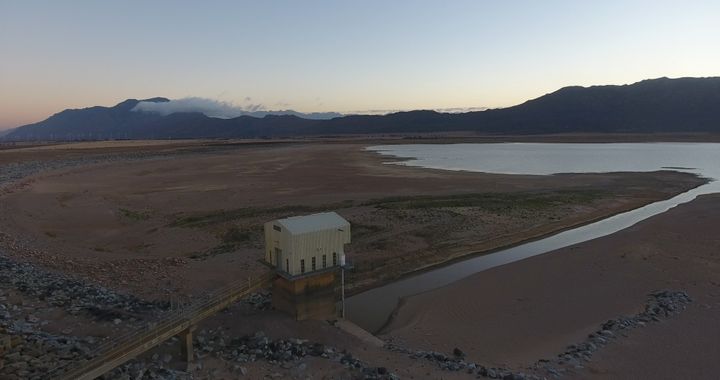
Op-Ed by Peter Gleick: We Have Seen The Future Of Water, And It Is Cape Town
February 9, 2018 | publication
Cape Town is parched. Severe drought and high water use have collided in South Africa’s second largest city, and unless the drought breaks, residents may run out of water in the next few months when there simply isn’t enough water left to supply the drinking water taps.
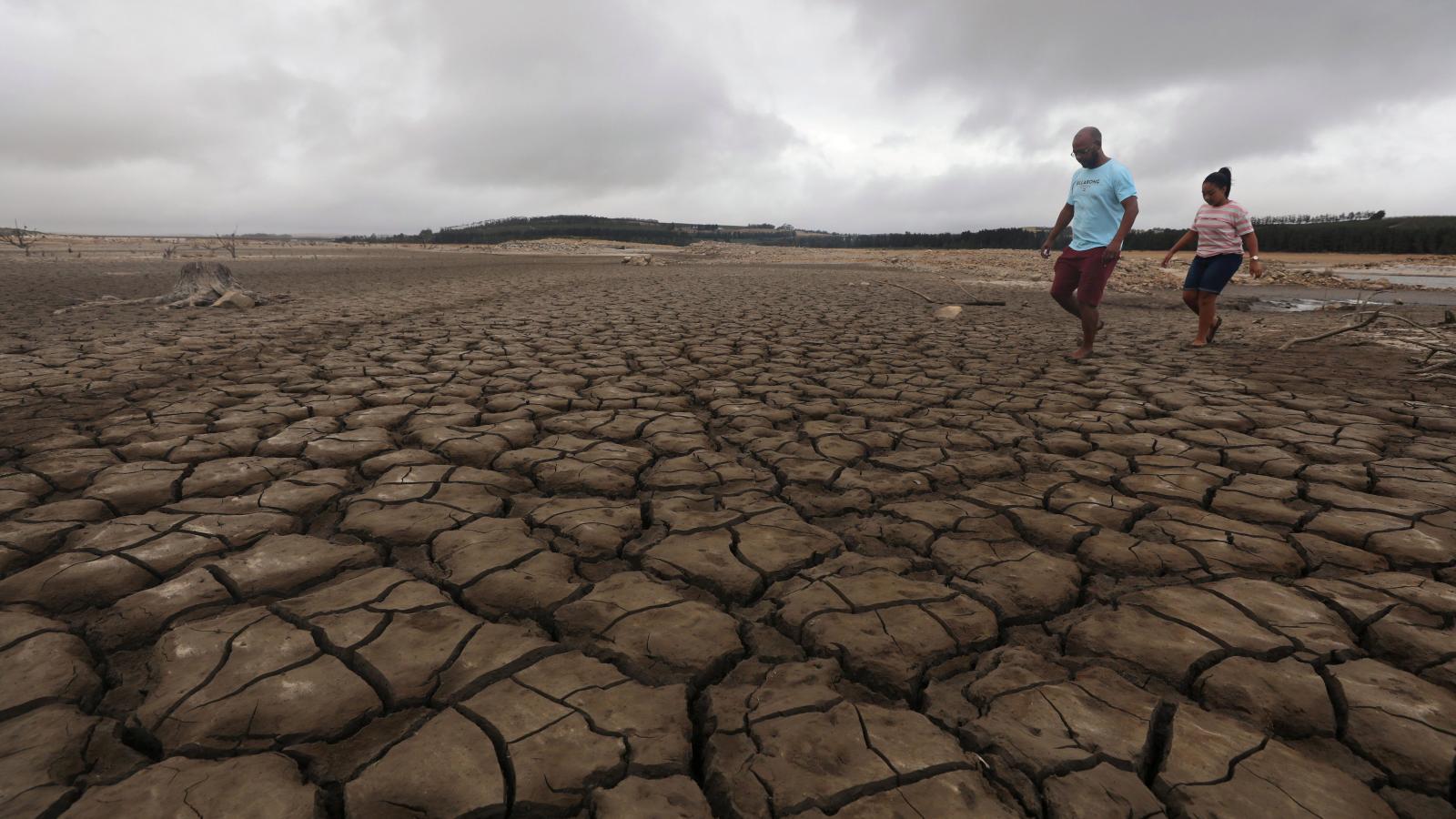
Commentary: Cape Town Is Running out of Water. Could More Cities Be Next?
February 7, 2018 | publication
After more than three years of severe drought, Cape Town, a city of nearly 4 million people, is running out of water. “Day Zero”—the day city officials estimate the water system will be unable to provide drinking water for the taps—is less than three months away, and substantial rains are not expected before then.

Water is Connected to Every Major Global Risk We Face
February 2, 2018 | post
Water crises have been among the top five global risks in each of the last seven years, according to the World Economic Forum (WEF). This year is no exception.

Why Companies Should Dip Their Toes in Clean Water (and Sanitation)
November 29, 2017 | post
“While considerable progress has been made over the past decade across all areas of development, the pace of progress observed in previous years is insufficient to fully meet the Sustainable Development Goals and targets by 2030.” -United Nations, 2017
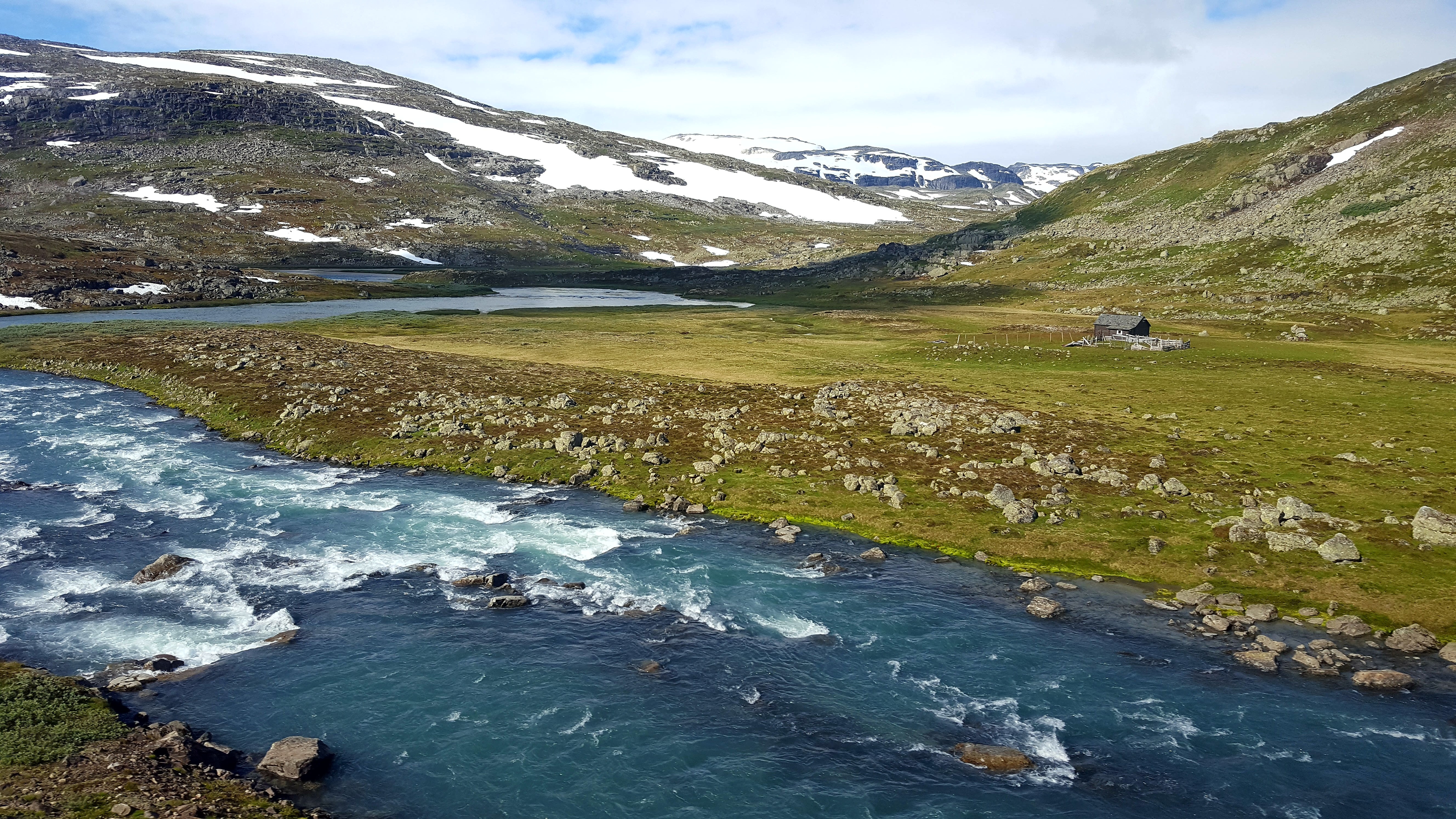
The World’s Water Challenges (2017)
October 24, 2017 | post
Water is perhaps the most vital natural resource on the planet. It is necessary for human survival and a critical input into our food, manufacturing, and energy systems. It also sustains the ecosystems and climates upon which both our built and natural world rely.
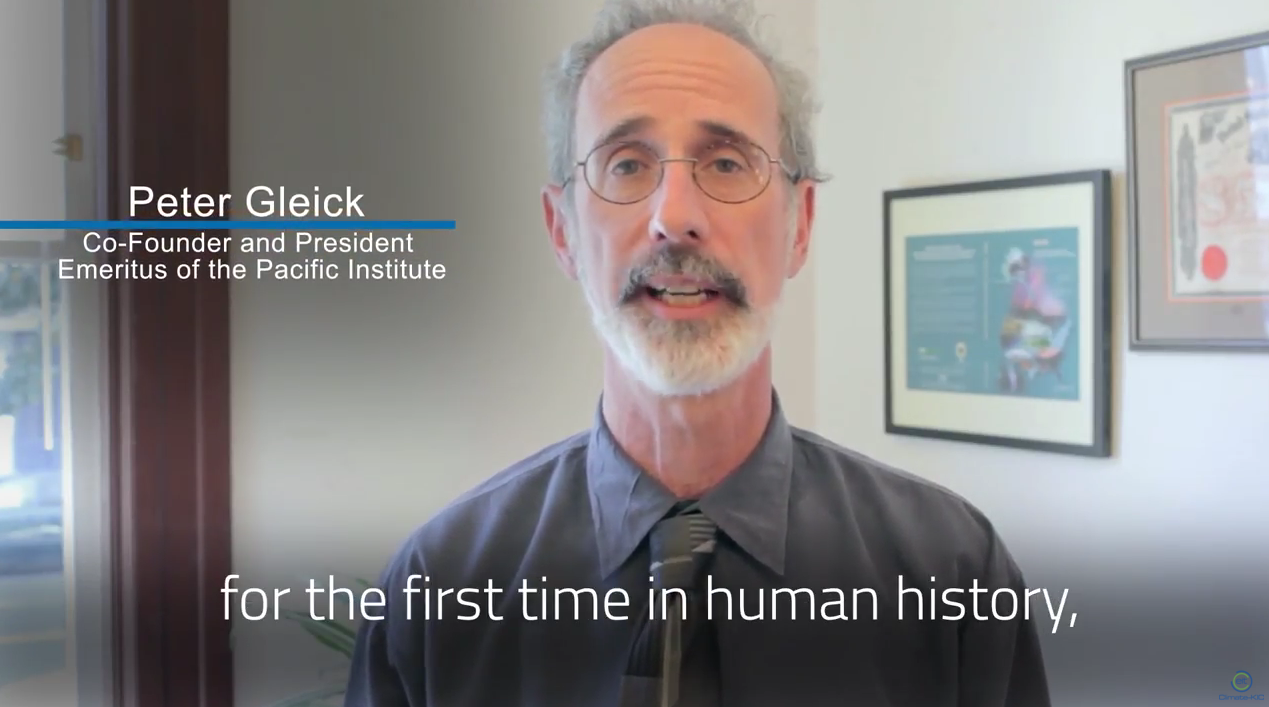
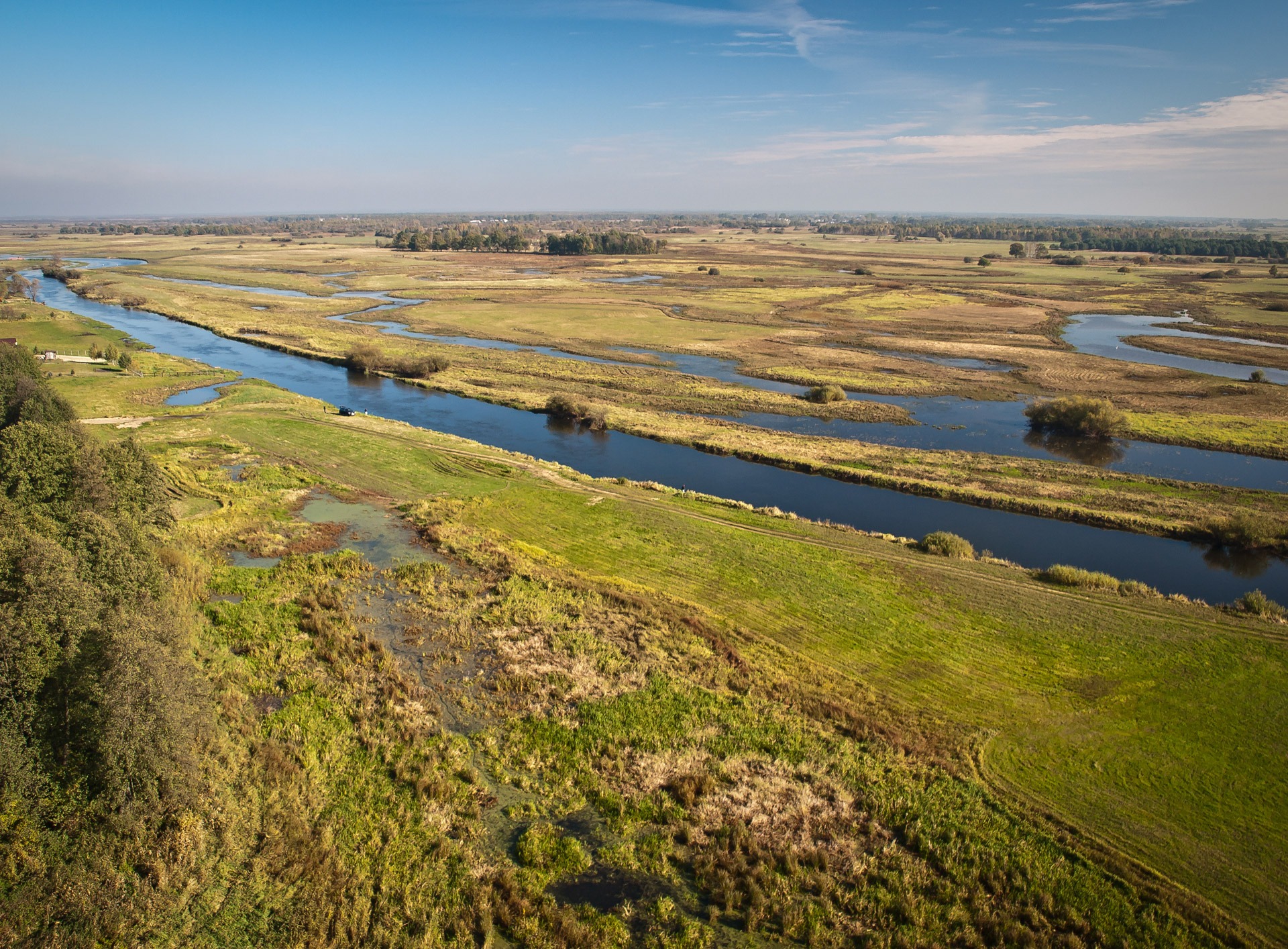
Watershed Context & Water Stewardship Goals: Why Thinking Local is Critical to Hedging Global Corporate Water Risk
October 10, 2017 | post
What do the drinking water crisis in Flint, Michigan, destructive monsoon flooding in Mumbai, India, Hurricane Harvey’s devastating storm surges in Texas, the recent five-year California drought, and the hypoxic dead zone in the Gulf of Mexico all have in common?

Comment Letter on State Water Board Proposed Low-Income Rate Assistance Program
August 28, 2017 | publication
This comment letter to the California State Water Resources Control Board (Water Board) was sent in response to the proposed Low Income Rate Assistance (LIRA) program implementation scenarios prepared pursuant to AB 401 (Dodd, 2015).

How Your Business Can Play a Role in Ending the Global Water and Sanitation Crisis
August 23, 2017 | post
No one need explain the true value of water to 54-year-old Elizabeth and her family in Port Moresby, Papua New Guinea. She spends more than half her meagre salary on buying drinking water from a local water vendor, as she knows the water from the nearby lake could make her unwell, unproductive and unable to provide for her family.
Page 21 of 43



